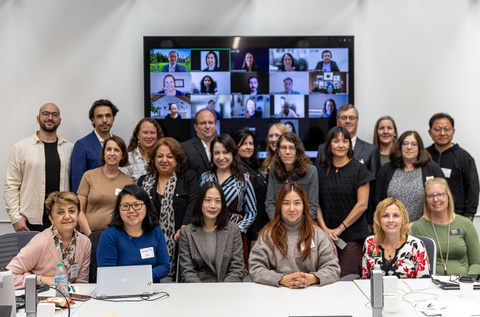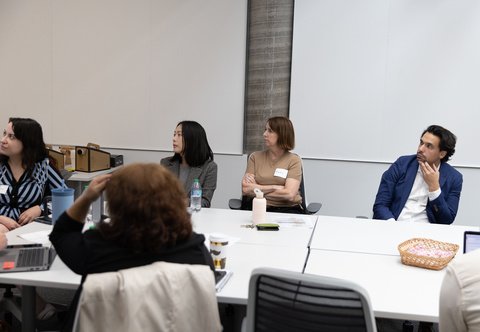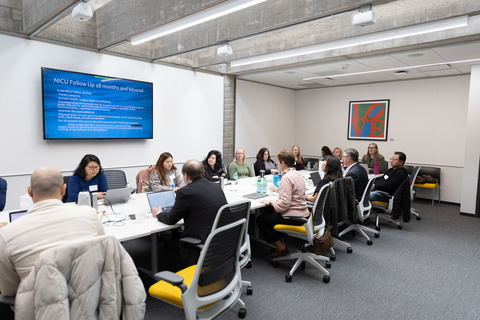Health care is a team effort, but most artificial intelligence (AI) - driven technologies built on patient data use only the information provided by physicians. This narrow focus leaves out crucial input from nurses, occupational, physical, and speech therapists, even though their data is often updated more frequently than data from physician providers in both inpatient and outpatient settings.

An innovative, interdisciplinary project led by principal investigators Andrew Boyd, University of Illinois Chicago, Karen Dunn Lopez, University of Iowa College of Nursing, and Catherine Craven, University of Missouri, will unify data from a broader range of health professions, leading to novel discoveries that will positively impact patient outcomes and care.
The project recently received $9.8 million from the federal Advanced Research Projects Agency for Health (ARPA-H). Established in 2022, ARPA-H is a funding agency tasked with advancing high-potential, high-impact research that develops new ways to tackle the hardest challenges in health.
Project researchers will create new ways to combine structured data, including nursing classification systems NANDA-I, Nursing Interventions Classification (NIC), and Nursing Outcomes Classification (NOC), and free-text notes from nurses, physical and occupational therapists, speech and language pathologists, and physicians for more effective use in electronic health records. Not only will the research leverage data from multiple disciplines, it will also combine data from multiple institutions to yield a more diverse data set and one that is large enough for cutting edge AI approaches.

“Andrew Boyd and I have collaborated for years to use electronic health records to show the combined synergy between nursing and medical care,” says Dunn Lopez. “We couldn’t pass up the opportunity to take the next step in this program of research by combining the data from multiple members of the health care team. Our team’s work will help us understand how to guide patient-centered decision making using the synergy provided by a multidisciplinary team.”
The first phase of the project will focus on two complex and costly patient populations: patients who have experienced injuries related to a fall and infants transitioning from the Neonatal Intensive Care Unit (NICU) to home. Both populations rely on the care provided by a variety of health professionals.

“Falls and NICU patients require all-team care while in the hospital and via outpatient clinics, but fragmented, siloed documentation impedes communication,” said Craven. “By unifying this data, we can improve communication between health care providers, the patient and their care partners, and generate novel scientific insights that improve patient outcomes.”
These advances could also be applied to other care domains, says Dunn Lopez, noting that when you “address complex difficult problems, the insights you gain and solutions you develop will likely be applicable to less complex problems. Learning from the data generated from multiple healthcare disciplines on outcomes for these two complex patient populations will lead to discoveries for other patient populations.”
The UI College of Nursing hosted project team members on Oct. 16 for a full day of level setting and planning. This was the first time for the large, multidisciplinary team to come together and better understand the work of each discipline and their role on the team.